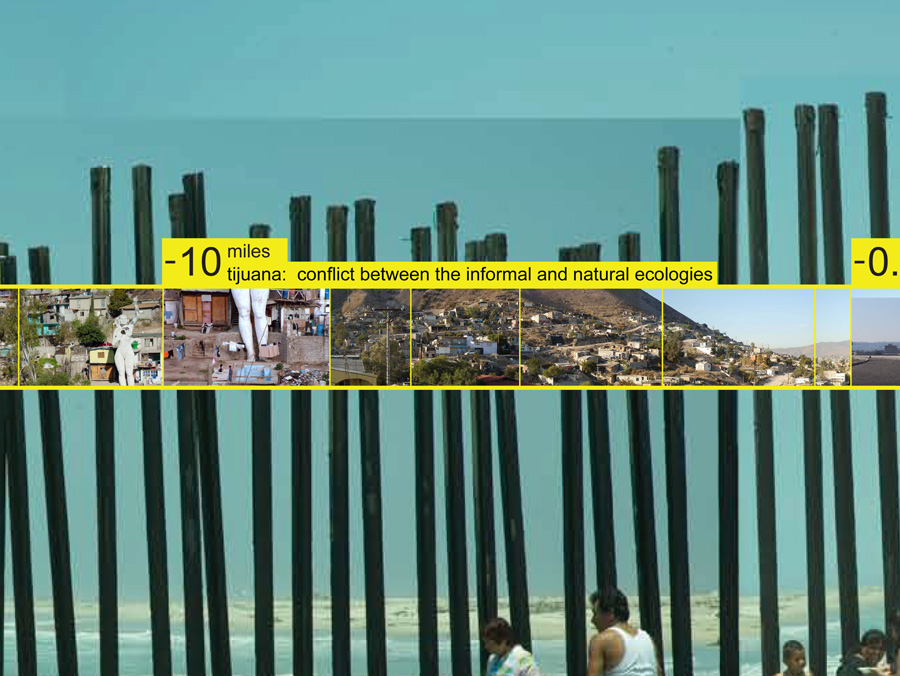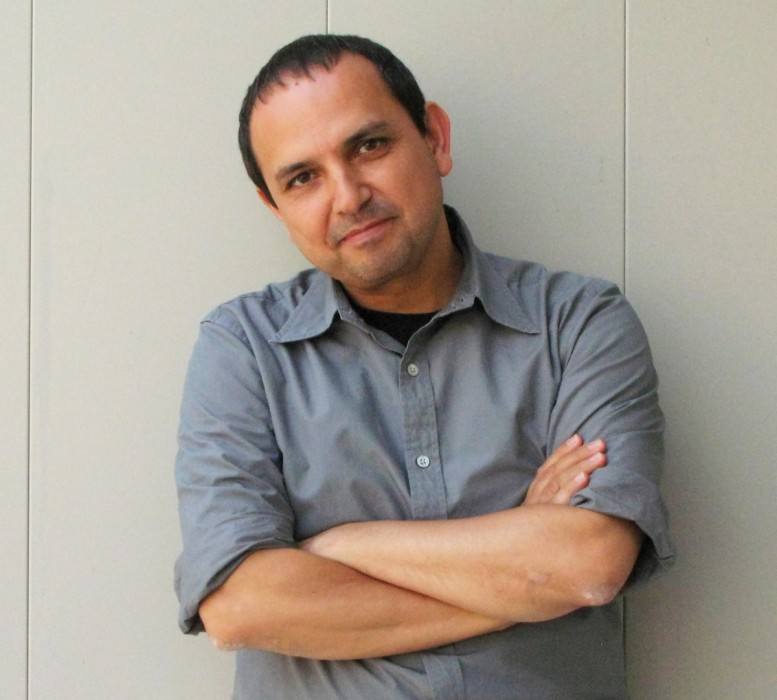
Image: Estudio Teddy Cruz
New lecture series emphasizes human factors of built environments
On Monday, Mar. 16, the inaugural Harlyn Thompson Lecture will be presented at the Faculty of Architecture by internationally-renowned, Guatemalan-American architect Teddy Cruz. The lecture series is supported with a fund established by Harlyn Thompson, former dean of the faculty (1980-84).
In explaining the idea behind his eponymous lectureship, Thompson cites Princeton University School of Architecture’s Robert Gutman writing in the now-classic 1972 text on architecture, People and Buildings, which focused on the changing face of architectural education and practice. Gutman wrote,
Architectural phenomena involve a range of properties … from the subtle and elusive features of symbolism and sensual qualities at one end to the utilitarian qualities of measurable space and ambient conditions at the other … and all of these properties must be kept in view if one is to achieve a comprehensive understanding of the effect of the built environment on man and society.
“I think there’s a need to recognize the fundamental importance of human factors in creating and/or modifying the built environment,” Thompson says. Projects presented in the lecture series will emphasize a link between research and practice, demonstrating how an understanding of human interaction with place can inspire design. The lecture series will have an interdisciplinary focus with a concern for human factors in the design of the built environment.
Inaugural presenter Teddy Cruz, who is a professor at University of California, San Diego (UCSD). director of the UCSD Center for Urban Ecologies and co-director of the UCSD-Blum Cross-Border Initiative, will speak on subject, “Where is our collective imagination?”
Turning away from the contemporary focus on the global city, Cruz focuses on peripheral communities, local neighborhoods in the margins of centers of economic power. He will speak about these “border zones” as sites of cultural production and places from which to rethink urban policy, affordable housing and civic infrastructure; in an essay, Cruz named these “critical thresholds in the Americas … border zones and also the sectors of conflict generated by discriminatory politics of zoning and economic development.”
His investigation of this geography of conflict has inspired a practice and pedagogy that emerges from this bi-cultural territory and an integration of theoretical research, pedagogy and design production. His practice and research combine knowledge from the fields of architecture and urbanism, environmental and social practice, political theory and urban policy, visual arts and public culture. Cruz’s work mediates between top-down institutions (governments, universities, foundations) and bottom-up socio-economic, cultural and environmental intelligence embedded in communities — developing creative alternatives to top-down development within hierarchical structures.
‘The future of cities today depends less on buildings but more on the fundamental reorganization of socio-economic relations,” he says. And the best ideas for renewal “will not come from enclaves of economic power and abundance, but from sectors of conflict and scarcity. There an urgent imagination can really inspire us to rethink urban growth today.”
Ralph Stern, dean of the Faculty of Architecture, adds, “We are very grateful to Harlyn Thompson for making this important lecture possible. In an age of rapidly increasing migration and urbanization, it is essential to understand both the human toll and the human potential of negotiating what Teddy Cruz has identified as the ‘geography of conflict’; to rethink immigrant neighbourhoods in terms of ’sites of cultural production’ and to reimagine urban policy in terms of ‘bicultural territory.’
“These issues are as pressing in contemporary Canada as they are in the Tijauna-San Diego borderlands.”
Cruz was recipient of the Rome Prize in Architecture in 1991, his honors include the James Stirling Memorial Lecture On The City Prize, by the Canadian Center of Architecture and the London School of Economics in 2005, the Ford Foundation Visionaries Award in 2011, and the 2013 Architecture Award from the US Academy of Arts and Letters. His architectural and artistic work has been exhibited nationally and internationally including representing the US in the 2008 Venice Architecture Biennaleand “Small Scale Big Change” at the Museum of Modern Art in New York in 2010. In addition to his work at UCSD, Cruz was also appointed a special advisor on Urban and Public Initiatives for the City of San Diego, leading the development of its new Civic Innovation Lab in 2013-14.
Harlyn Thompson Lecture Series
Inaugural lecture
Teddy Cruz, director, Center for Urban Ecologies and co-director, UCSD-Blum Cross-Border Initiative, University of California, San Diego
March 16
6PM
Centre Space
John A. Russell Building
Faculty of Architecture







